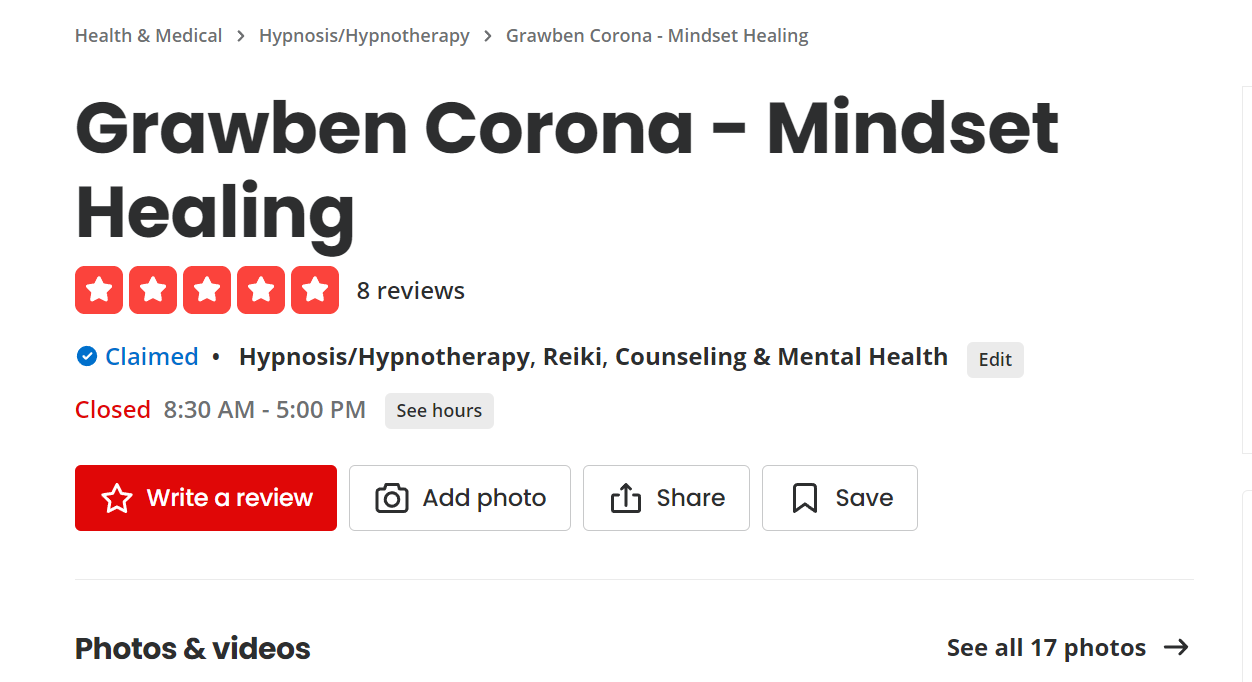A behavioral hypnotherapist can help a person who is willing to work on bettering themselves in various areas. Hypnotherapy is a therapeutic technique that uses guided relaxation, intense concentration, and focused attention to achieve a heightened state of awareness, allowing individuals to explore and change their thoughts, feelings, and behaviors. Here are some areas where a behavioral hypnotherapist can help:
1. Anxiety and stress reduction: Hypnotherapy can help individuals manage and reduce anxiety, stress, and related symptoms by teaching relaxation techniques, promoting positive thinking, and building coping skills.
2. Phobias and fears: Hypnotherapy can help people confront and overcome phobias and irrational fears by identifying the root cause, changing negative thought patterns, and encouraging gradual exposure to the feared situation or object.
3. Habit control: Hypnotherapy can help people break bad habits, such as smoking, nail-biting, or overeating, by identifying triggers, developing healthy alternatives, and reinforcing positive behaviors.
4. Confidence and self-esteem: Hypnotherapy can help individuals improve their self-confidence and self-esteem by changing negative self-perceptions, enhancing self-acceptance, and promoting a more positive mindset.
5. Sleep issues: Hypnotherapy can help address sleep disorders, such as insomnia, by promoting relaxation, establishing a healthy sleep routine, and addressing underlying causes of sleep disturbance.
6. Pain management: Hypnotherapy can help individuals manage chronic pain by teaching relaxation techniques, altering the perception of pain, and developing coping strategies.
7. Weight loss and healthy eating: Hypnotherapy can help individuals develop healthier eating habits, improve body image, and lose weight by addressing emotional eating, reinforcing positive behaviors, and setting realistic goals.
8. Performance enhancement: Hypnotherapy can help people improve their performance in sports, work, or other areas by reducing performance anxiety, increasing focus, and promoting a positive mindset.
9. Emotional well-being: Hypnotherapy can help individuals process and manage difficult emotions, such as grief, anger, or guilt, by exploring the root causes, developing coping skills, and promoting emotional healing.
10. Personal growth and development: Hypnotherapy can help individuals enhance their self-awareness, explore their values and beliefs, and work towards personal goals and aspirations.
It is essential to work with a qualified and experienced behavioral hypnotherapist to achieve the best results. Keep in mind that hypnotherapy may not be suitable for everyone and should be considered as part of a broader treatment plan, often in conjunction with other therapies or interventions.


